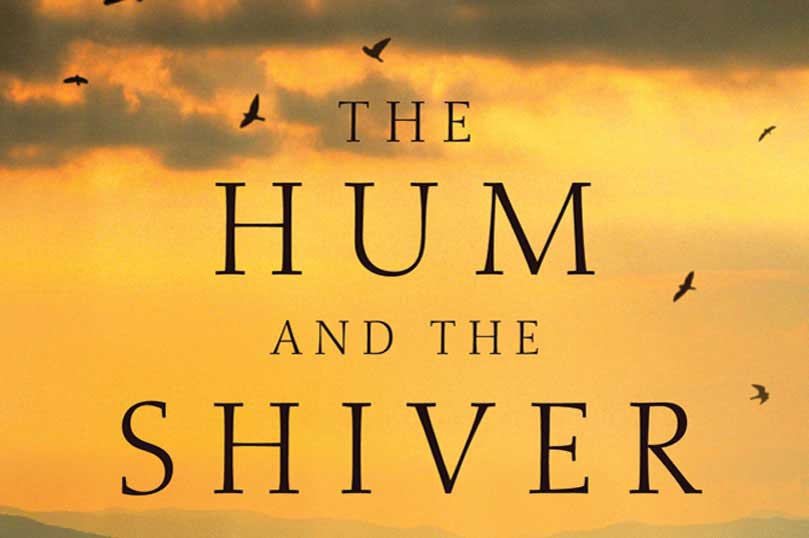
Jekyll and Hyde, Now and Forever
Jekyll and Hyde, Now and Forever By Alex Bledsoe I recently read Kevin MacNeil’s jaunty novel A Method Actor’s Guide to Jekyll and Hyde, and it got me thinking about the many variations of Robert Louis Stevenson’s classic good/evil dichotomy. More specifically, why do we ascribe all the powerful qualities—strength, determination, even enjoyment—to the evil…
